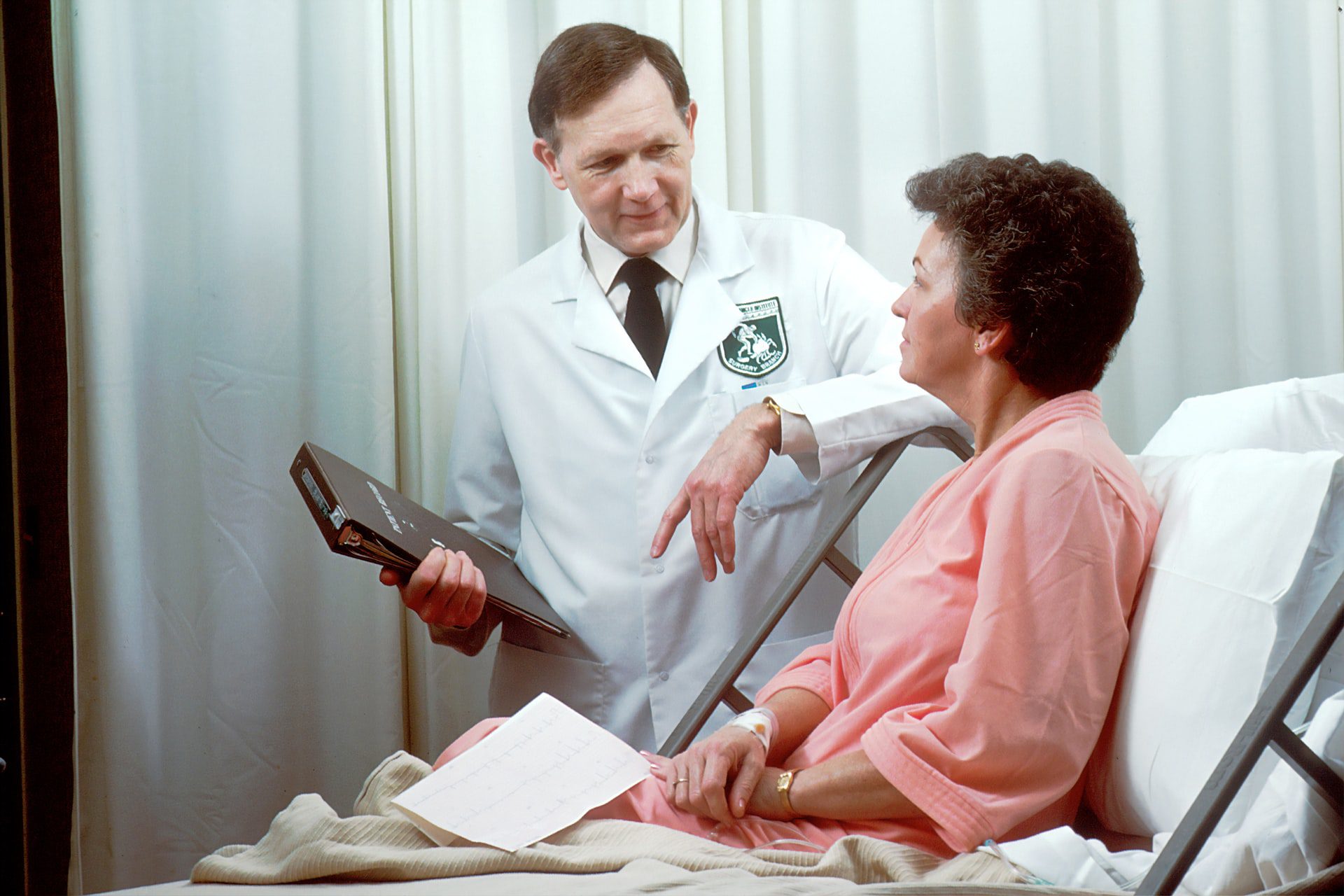Medical misdiagnosis happens all the time, contrary to what most people believe. When it happens, the most challenging thing has constantly been proving it and going about it. In most scenarios, even the patients never know they have been misdiagnosed until later on.
What you need to do when it starts to feel off is to get another doctor’s opinion. This might help you figure it all out as they are in a position to tell you if the diagnosis was wrong. After that, you may need to get compensated for the misdiagnosis or delayed diagnosis.
When you have been misdiagnosed, here’s how you need to handle the situation and get compensated.
Table of Contents
Prove Medical Malpractice
Before you pursue any medical malpractice case, the first thing you need to know is that the law doesn’t hold doctors liable for all diagnostic errors. However, as the patient, you need to prove three things in a medical malpractice case: malpractice based on the wrong diagnosis.
- Doctor-patient relationship. There needs to be an existing relationship between doctor and patient for any medical malpractice suit to go through.
- Negligence on the doctor’s side – the doctor didn’t provide care in a professional, reasonable and skilled manner. The doctor was incompetent when providing treatment for the patient.
- The negligence caused actual harm to the patient.
It would help if you had at least all the above traits for your case to be even considered. But most of the misdiagnosis cases are based on either the second or the third idea. At times it can be both. When it is both, the chances are much higher than when it was a particular element.
Doctor’s Negligence
The next thing you will need to look at for this case is whether the doctor was genuinely negligent in their duties. In most cases, delayed diagnosis or misdiagnosis doesn’t prove that the doctor was negligent in their duties. What is widely accepted is, even the most gifted doctors can make a diagnostic error – this isn’t foreign.
The key for this whole scenario is evaluating if the doctor acted competently in providing care for the patient. This is majorly considering what the doctor did or didn’t do to arrive at the diagnosis. It’s more or less looking at different diagnosis methods used to arrive at the treatment determination.
In a malpractice case which is what you will be going for against your doctor, you need to prove the following;
- The doctor didn’t include the correct diagnosis – this is based on the differential diagnosis list. It also has to be proven that a competent and skillful doctor under the same circumstances would have done things differently – according to the differential diagnosis list.
- Correct diagnosis according to the list was included, and the doctor failed to perform the proper tests. The doctor also didn’t seek the opinion of a specialist to investigate the viability of the diagnosis.
Diagnosis Test Errors
There are some scenarios where the doctor failed to diagnose a condition correctly because of reliance on inaccurate results. These results may be from radio films, lab tests, and plenty of other tests. There are only two ways this can happen;
- Faulty diagnosis equipment
- Human error – this can be anything from samples being contaminated to a mix-up in the specimen. At times, the tech may have used the wrong procedure or even misread the tests. The doctor won’t and shouldn’t be liable; someone else should be.

Was the Patient Harmed Due to the Misdiagnosis?
Lastly, to prove medical malpractice, there needs to be proof that the patient was harmed as a result. Here, you will need to prove without a doubt that the misdiagnosis or delayed diagnosis resulted in harm. To do this, you need to find the right lawyer for the job. If you live in Washington, to find the right Washington misdiagnosis lawyer, you need to look up their past cases and how they handled them. This should give you a clear picture of how they will handle your case. The good thing about lawyers is that they work in teams and quickly get all the proof you need for your case.
They hire the services of medical professionals who can counter and explain if the doctor was genuinely negligent or not. Another reason you need a lawyer is that these cases are guided under heavily regulated and complex rules – these rules differ in different states.
To get compensated, you will need to prove that the doctor was negligent in diagnosing your condition. Above are some ways to quickly establish a misdiagnosis or delayed diagnosis case and get compensation for it.
Featured Photo by National Cancer Institute on Unsplash




